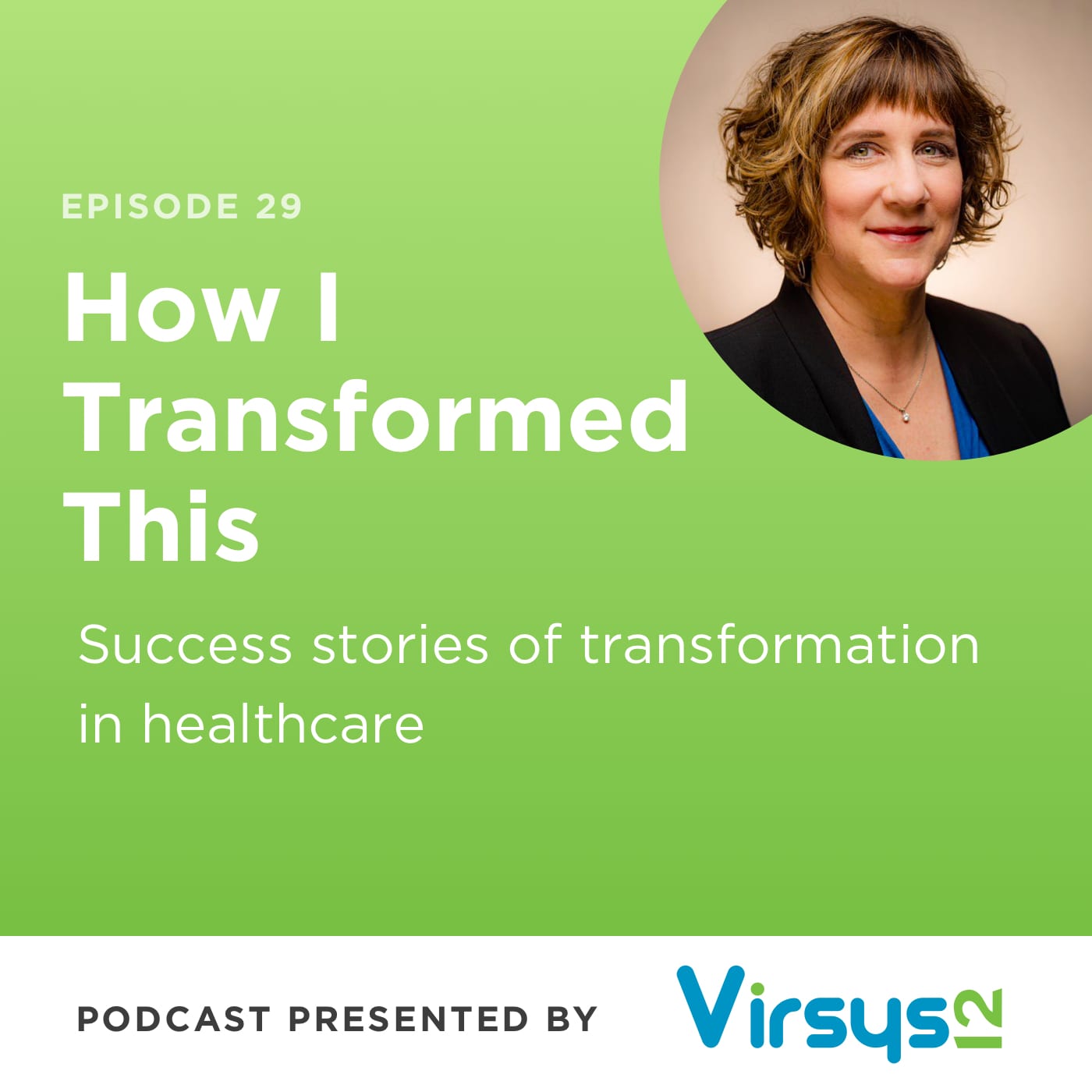Automating Physician Contracts
When Peace set out to create Ludi, she wanted to build something that would support physicians. Because when physicians are cared for, the hospital’s outcomes improve.
“I’m a huge physician fan. The reason I’ve been successful is I understand the mechanics of ‘The doctor drives everything.’ And so where hospitals go amiss in my opinion is when they forget that,” she explained. They’re driving their own business and really responsible for their own patient care revenue, and they understand the expense side.”
Since about half of all physicians function as independent contractors, hospitals often struggle to keep up with all of the individual contracts, especially without a system to manage them efficiently.
“Physicians were always mad about not being paid or not thinking they were being paid correctly, so I had the idea to create a suite of products that would help in that space,” Peace shared.
Reducing Hospital Spending
Typically when a hospital is looking to cut costs, the leadership struggles to know where to start. So much of hospital spending is broken up into separate areas and systems that it’s hard for them to know exactly how much they’re spending and where.
“They’re stepping over piles of money to get to the pennies and find cost savings,” Peace explained. “And when you really shine some light on this you figure out better ways to align or errors being made that you didn’t realize could cost you later.”
One common area that leadership may underestimate is on-call spending. Especially at trauma centers or other places that require certain specialists on short notice, hospitals will pay thousands of dollars just to keep a doctor on call in case they are needed.
Ludi pulls all of the spending data into one system, making it easier for hospitals to see where their money is going and adjust accordingly.
“If you don’t measure something, you can’t manage it. So what’s astounding to me is they’ll be wrong on their number, off by millions when we have these discussions,” Peace shared.
The Long-Term Impacts of COVID-19
Though the hospital-physician relationship has always been complicated, COVID-19 has shone a new light on some of the problems in the industry.
“COVID really stressed already stressed out providers,” Peace argued. “What we’ve seen is some physicians and other clinicians have retired earlier than maybe they would have, or they’re disenfranchised and take some time off. So we’re seeing hospitals need to lean more on people to fill in… I see the physician turnover being a problem, and also the happiness. The physician burnout is just really high.”
Fortunately, not all of the changes in response to COVID-19 have been negative. For example, many organizations set up telemedicine at record speeds, and those services will likely stick around after the pandemic.
“Telemedicine, that technology has been there for how long? But insurance wouldn’t pay for it. They were forced to pay for it during COVID. So I don’t think you can take that back, I think that’s going to stay,” Peace said.
Subscribe to How I Transformed This wherever you get your podcasts, and be sure to sign up for our quarterly email newsletter to stay up to date on Virsys12’s latest transformational work.



